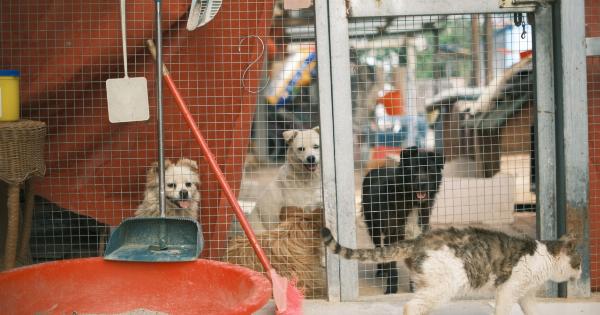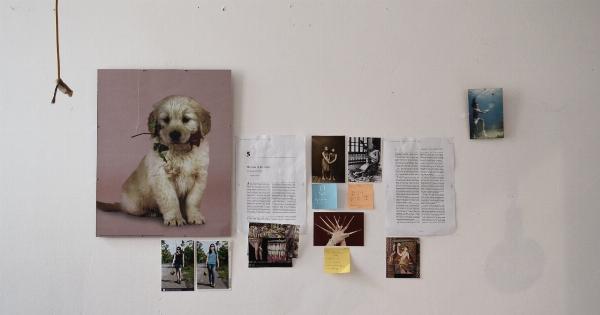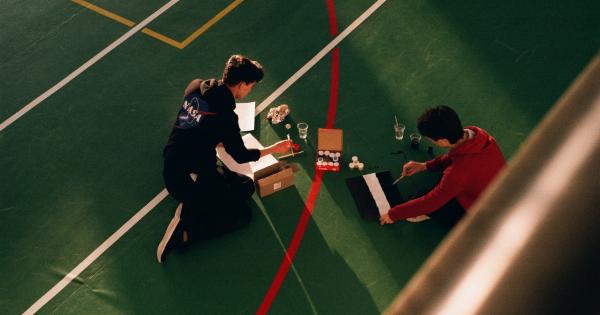Jealousy is a natural emotion that can be experienced by both humans and animals. Dogs, in particular, are known to exhibit jealous behavior towards their owners or other pets in the household.
This behavior can range from mild to severe and can lead to destructive and even aggressive actions if not addressed properly.
Understanding Jealousy in Dogs
Jealousy in dogs is often a result of the bond they develop with their owners. Dogs are pack animals and consider their owners as the pack leader.
When they sense that their bond with their owner is being threatened, they can become possessive and jealous.
Jealousy can also occur when a new pet is introduced into the household. The dog may feel threatened and believe that their owner’s affection is being taken away from them. This can lead to aggression towards the new pet or even their owner.
Signs of Jealousy in Dogs
It’s important to recognize the signs of jealousy in dogs to prevent any harmful behavior. Some common signs of jealousy in dogs include:.
- Growling or snarling when near the person or object of jealousy
- Attempting to push or nudge the person or object away
- Biting or attacking the person or object of jealousy
- Urinating or defecating in the house
- Destroying furniture or household items
- Excessively licking or grooming themselves
Managing Jealousy in Dogs
The key to managing jealousy in dogs is to address the root cause of the behavior. Here are some tips to help manage jealous behavior in dogs:.
Establish Yourself as the Pack Leader
Dogs rely on their owners as the pack leader and often become jealous when they feel their position is threatened. Establishing yourself as the pack leader through obedience training can help prevent jealous behavior.
Give Attention Equally
When introducing a new pet, it’s important to give equal attention to all pets in the household. This helps prevent the existing pet from becoming jealous and feeling left out.
Additionally, giving equal attention to all pets can also help prevent jealousy towards human family members.
Practice Positive Reinforcement
Positive reinforcement can help prevent jealous behavior in dogs. This means rewarding good behavior and ignoring bad behavior. Praising your dog when they exhibit calm behavior and ignoring jealous behavior can help teach your dog appropriate behavior.
Provide Distractions
Providing distractions such as toys or treats can help prevent jealous behavior in dogs. Distractions can help redirect the dog’s attention and prevent them from fixating on the person or object of jealousy.
Seek Professional Help
If your dog’s jealousy is severe or has led to aggressive behavior, seeking the help of a professional dog trainer or behaviorist may be necessary.
They can help identify the cause of the behavior and provide customized training plans to address the behavior.
Conclusion
Jealousy in dogs can be a challenging behavior to manage, but it is possible with proper training and attention.
Understanding the root cause of the behavior and implementing appropriate training techniques can help prevent harmful behavior and maintain a happy and healthy household.


























